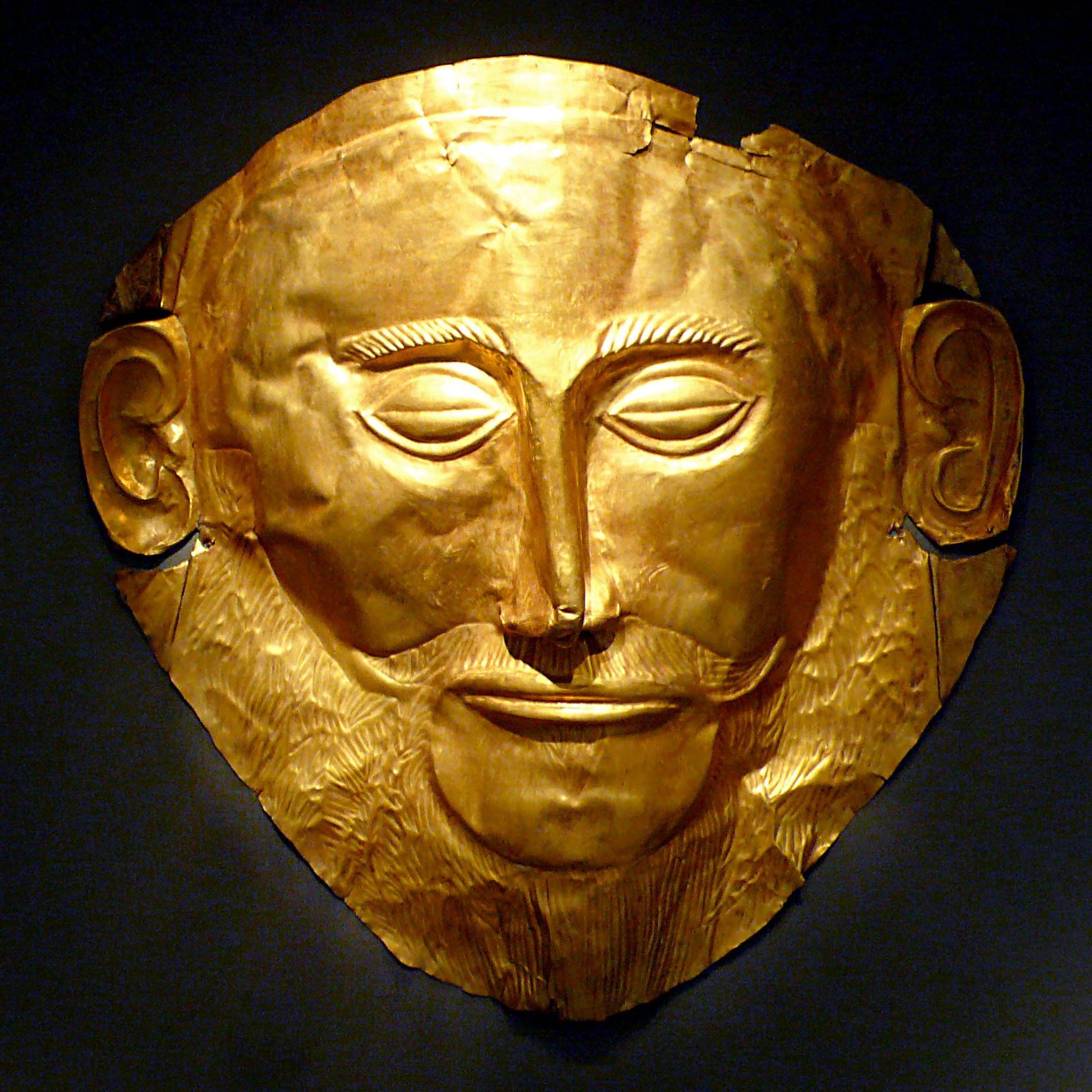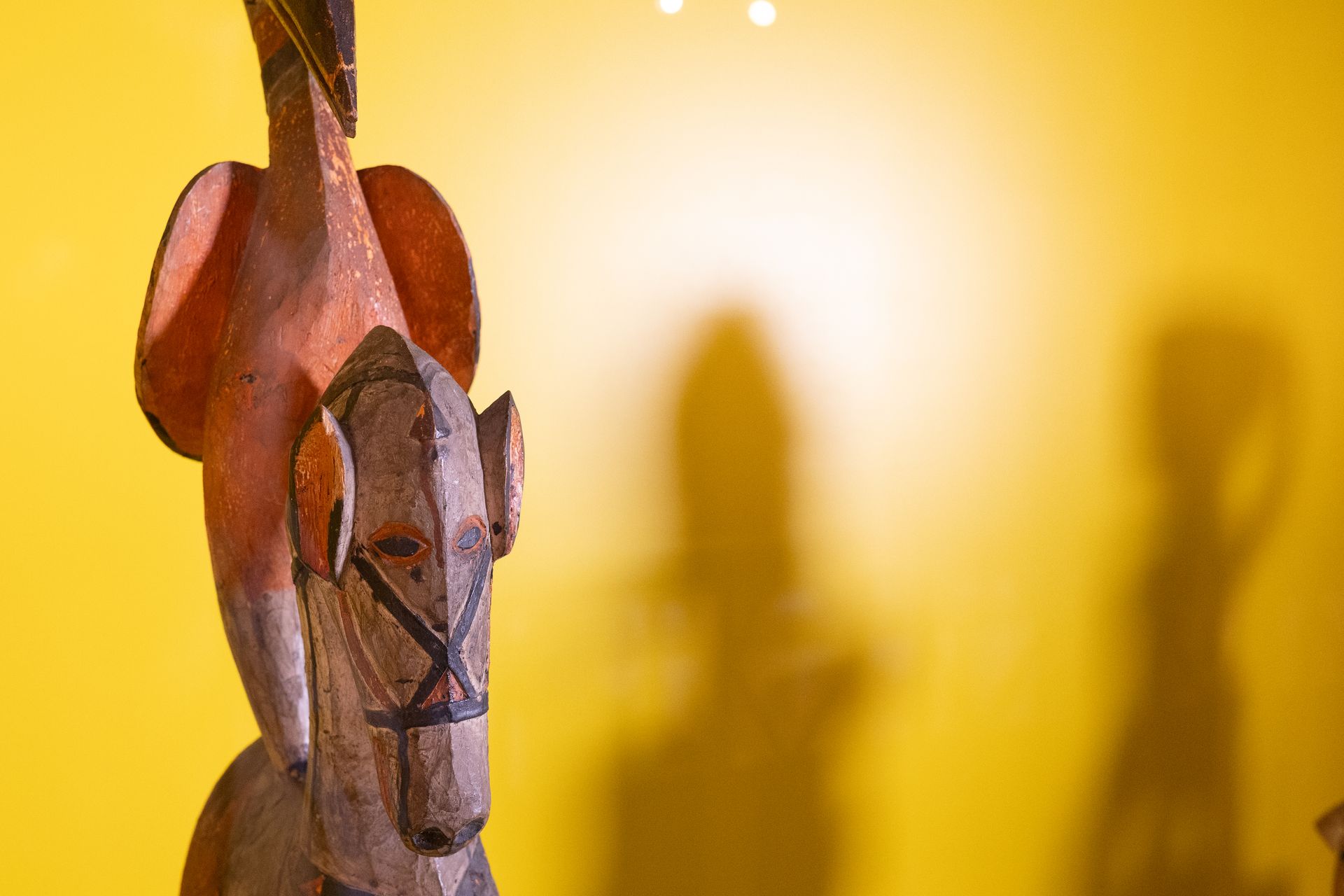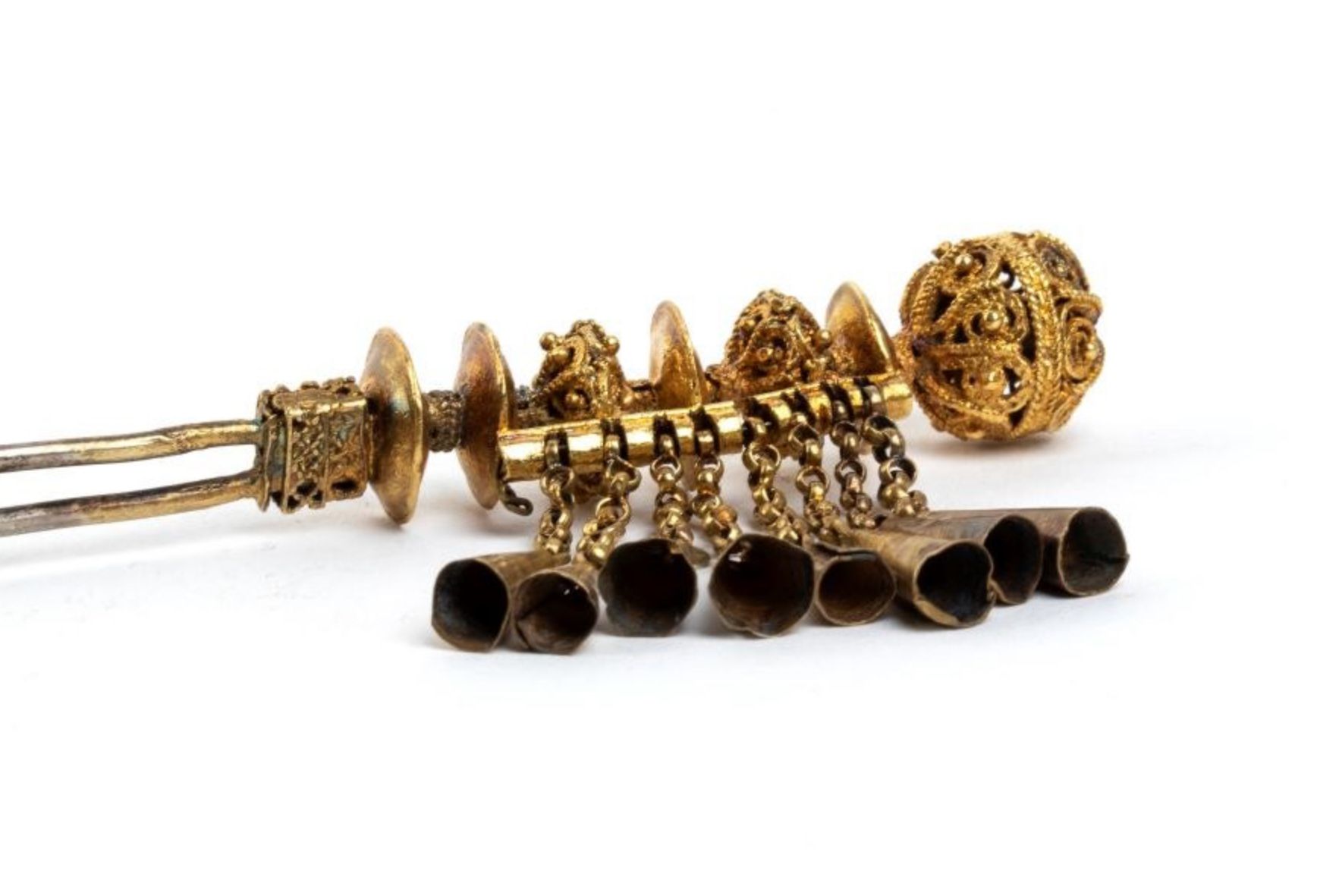Cultural Restitution
SHARE ARTICLE
After the prime minister of Greece met with Boris Johnson at Downing Street this week, a statement released by No.10 insists the British Museum’s trustees not the UK government will decide if the Parthenon Marbles are ever returned to Greece.
Boris Johnson is said to understand “the strength of feeling of the Greek people", according to this statement, but at his meeting with Kyriakos Mitsotakis he reiterated the UK’s longstanding position that "this matter is one for the trustees of the British Museum.”
Really? This statement appears to completely ignore the true legal position that a new Act of Parliament is required before the Museum can relinquish ownership of these magnificent ancient sculptures, irrespective of any recommendation made by the Museum's trustees. So, is this a diplomatic U-turn or just the British government side-stepping their responsibility?
The British Museum Act 1963 is clear that ‘Objects vested in the Trustees as part of the collections of the Museum shall not be disposed of by them’. There are a few minor exceptions to this rule (such as those objects deemed by the trustees to be ‘unfit to be retained’), otherwise the purpose of this Act is to ensure the entire collection remains preserved in the Museum for the benefit of future generations. By agreeing to return the Marbles, the trustees would not only be removing one of the Museum’s most significant attractions, it would also be undermining one of the reasons why the Act was set up in the first place.
Could the trustees decide to make an exception for the Marbles? In one sense they don’t need to. It’s already within their powers to return one or more of the sculptures to Greece on the basis of a long-term loan, although loans are only made when the British Museum's ownership is formally acknowledged. Greece has always maintained such an option is unacceptable, as ownership of the sculptures would continue to remain with the British Museum. A rolling programme of loans is another option. But this would also fail to meet Greece’s insistence on the transfer of ownership. As a result, without a major climb down by the Greek government, this option is also closed.
The idea of loans has never sat comfortably with successive Greek governments. One of Mitsotakis’s predecessors, Antonis Samaras, was critical of the British Museum when they loaned a statue of the river god Ilissos, removed by Elgin’s agents from the Parthenon, to the Hermitage Museum in St Petersburg in 2014. "The loan effectively ended the British Museum's argument that the Greek antiquities were immovable," maintained Samaras.
In theory, it’s possible the Museum’s trustees could at some point feel an overwhelming sense of responsibility to agree to Greece's claim. Yielding to public pressure, they could recommend to Parliament that all the Parthenon sculptures and friezes are reunited with the remaining collection held at the Acropolis Museum in Athens (the museum built specifically so that one day all the sculptures from the Parthenon could be preserved and displayed together).
Speaking to the Greek newspaper, Ta Nea last March, the Museum’s Director, Hartwig Fischer, again made it clear that ultimate responsibility rests with Parliament: “If the British Parliament wants to legislate on this, then it is sovereign in doing so.”
Mitsotakis appears determined to use “every means” possible to achieve Greece’s long-term ambition to recover the Marbles. His resolve is greater because 2021 marks the bicentennial of the start of Greece's War of Independence. One new tactic he might deploy involves launching a campaign to win over British public opinion. He hopes this could then be used to pressurise the British government into ceding ownership of the sculptures.

The gold funerary mask of King Agamemnon
A number of incentives have also been put forward. The Times reported that Mitsotakis proposed a deal at his meeting with Johnson that involves rotating loan exhibitions of Greek treasures, including the Artemision Bronze figure representing Zeus or Poseidon and the gold funerary mask of the Mycenaean king Agamemnon (1550-1500 BC), in exchange for returning the Marbles.
Although remarkable objects whose exhibition would be guaranteed to draw large crowds, they don't compare to the coveted sculptural masterpieces collected by agents of Lord Elgin and sold to the British nation in 1816. The trustees know this, so Mitsotakis' offer is unlikely to force a change in view.
Which brings us back to the government’s own position. A spokesperson for No. 10 told The Guardian "The British Museum operates independently of the government," adding, "any decisions relating to the collections are taken by the Museum's trustees, and any question about the location for the Parthenon sculptures is a matter for them."
However, if this is not another massive government U-turn then it’s a deceit to suggest this matter can be resolved by the Museum's trustees alone and the government know that. Ultimately, only Parliament can change the legal basis on which the Museum can retain such a major part of its collection. British governments have continually resisted the return of the Marbles, including the Prime Minister himself, who in March this year insisted they were "legally acquired" and "have been legally owned by the British Museum's trustees since their acquisition."
It seems all but impossible to imagine that Johnson and his present anti-woke, pro-buccaneering political regime would put the issue to the test by carrying out a major reverse and calling on Parliament to vote on their future. They wouldn't wish to be remembered as ‘The party that lost the Marbles’.
After this was written.......
The Guardian has released a letter from Boris Johnson, written during his term as Mayor of London, and addressed to a Greek official in which he sympathises with Greece's case for recovering the Marbles. It demonstrates how his position has hardened against their repatriation since he became Prime Minister. Responding to an appeal for the return of the Marbles from George Hinos in March 2012, ahead of Britain's hosting of the Olympic Games, Johnson wrote: "In an ideal world it is of course true that the Parthenon marbles would never have been removed from the Acropolis and it would now be possible to view them in situ." However, he went on to say, "since they form the centre piece of the collections of the greatest museum in this city, it would be grievous and irremediable loss if they went elsewhere.... I feel that on balance I must defend the interests of London."
Photo: British Prime Minister Boris Johnson
Both images courtesy of commons.wikimedia.org
More News



